Forgotten leaders who were ahead of their time
Throughout history, many remarkable individuals have tirelessly worked to bring about change, yet their stories often remain in the shadows. These visionaries, each a pioneer in their own right, have shaped the world in ways that continue to influence us today.
From advocating for equal rights to revolutionizing public health, their contributions are invaluable. In this article, we will explore the lives and legacies of these unsung heroes who dared to dream of a better world.
The Trailblazer of Women’s Rights: Matilda Joslyn Gage
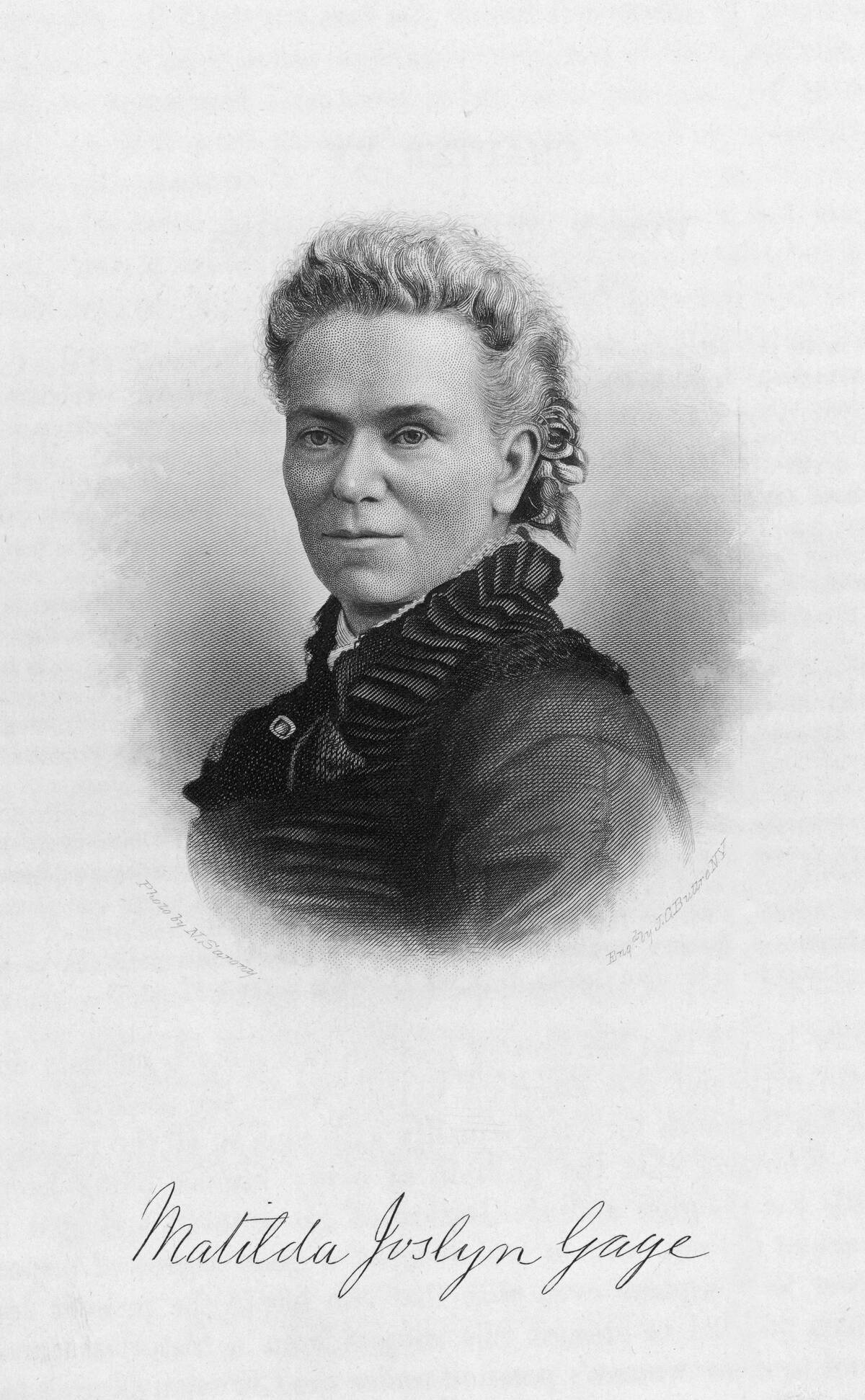
Matilda Joslyn Gage was a formidable force in the women’s suffrage movement, yet her name is often overshadowed by her contemporaries. Gage was a staunch advocate for the separation of church and state, believing that religious interference hindered women’s rights.
She co-authored the influential book The History of Woman Suffrage alongside Elizabeth Cady Stanton and Susan B. Anthony. Her relentless dedication to equality extended beyond gender, as she was also a passionate supporter of Native American rights.
Noble Efforts in Environmental Conservation: Chico Mendes
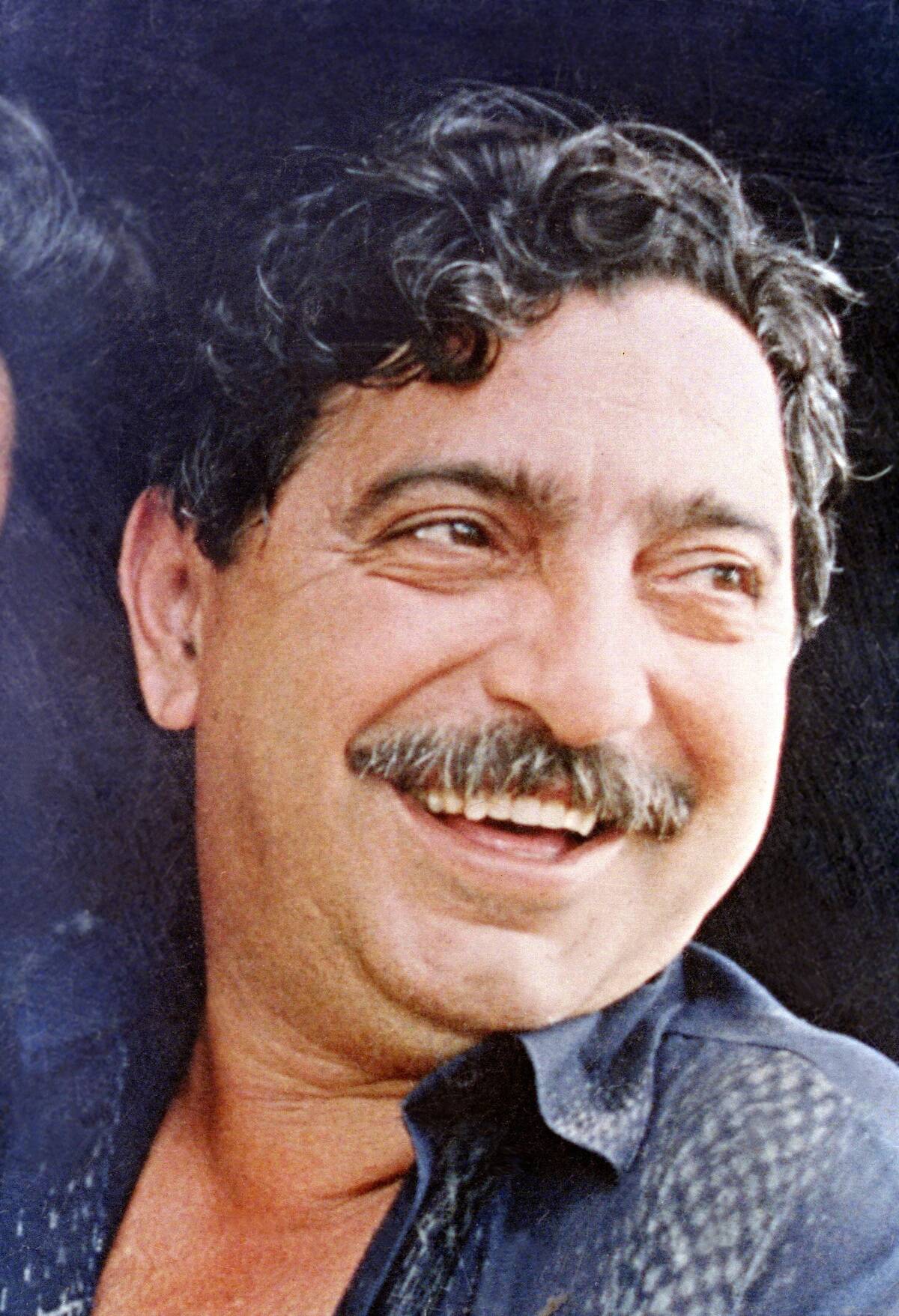
Chico Mendes was a Brazilian rubber tapper who became an environmental martyr. He fought tirelessly to protect the Amazon rainforest and the rights of indigenous communities who depended on it.
Mendes organized the first meeting of the National Council of Rubber Tappers in 1985, aiming to promote sustainable practices. Tragically, his life was cut short when he was assassinated in 1988, yet his legacy endures as a symbol of environmental activism worldwide.
The Pioneering Voice for LGBTQ+ Rights: Karl Heinrich Ulrichs
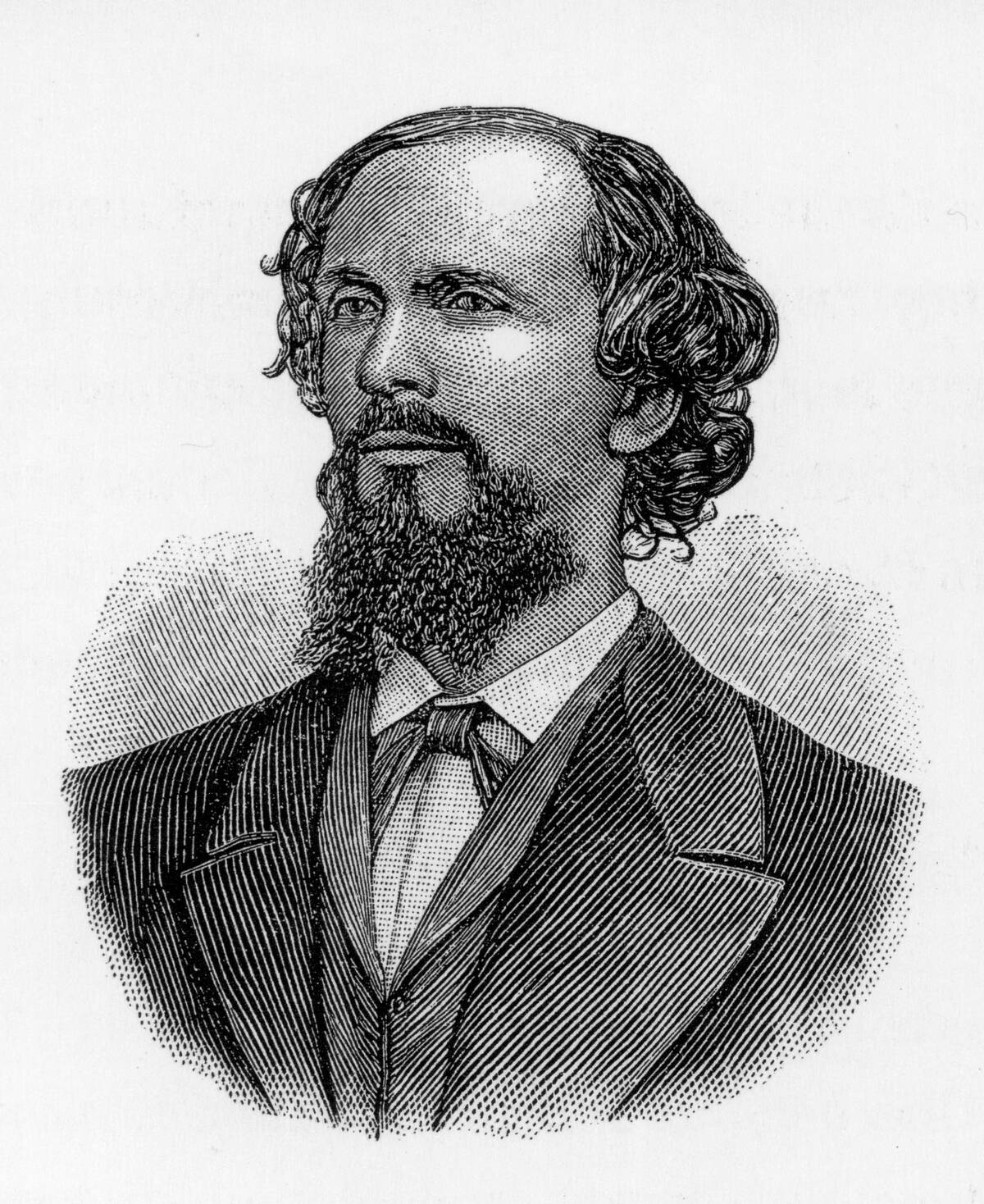
Karl Heinrich Ulrichs was one of the earliest activists for LGBTQ+ rights, bravely speaking out in a time of widespread discrimination. In the mid-19th century, Ulrichs publicly declared his homosexuality, a groundbreaking act that set the stage for future movements.
He introduced the concept of “urning” to describe individuals attracted to the same sex and argued for their acceptance. His efforts were met with resistance, but his pioneering work laid the foundation for modern LGBTQ+ advocacy.
Championing Racial Equality: Bayard Rustin
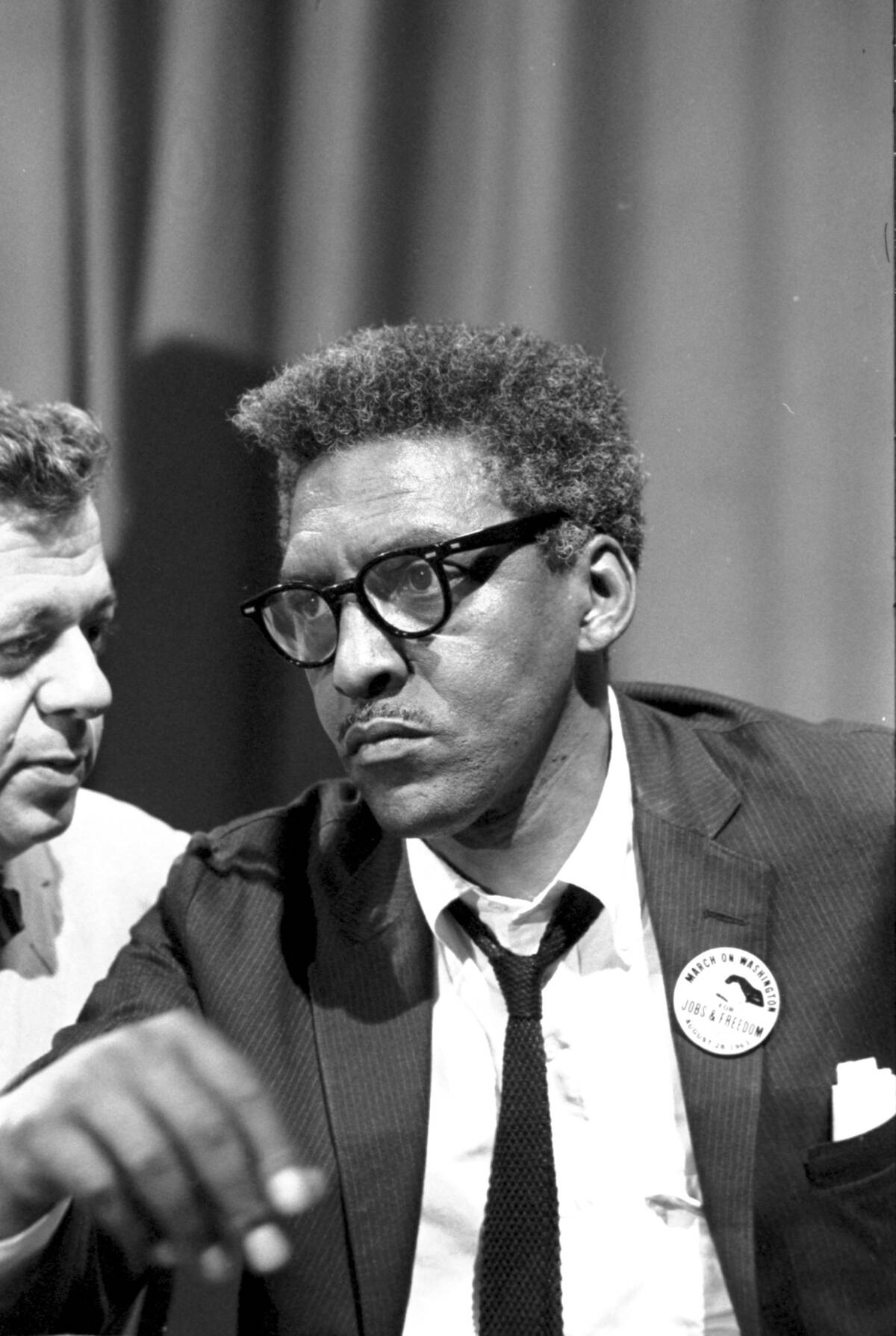
Bayard Rustin was a key architect of the civil rights movement, yet he remained in the background because he was gay. A close advisor to Martin Luther King Jr., Rustin was instrumental in organizing the 1963 March on Washington.
He advocated for nonviolent resistance and was pivotal in spreading the philosophy of nonviolence across the movement. Rustin’s contributions were critical, yet it wasn’t until later years that his role was fully recognized and celebrated.
The Progressive Architect of Public Health: Dr. John Snow
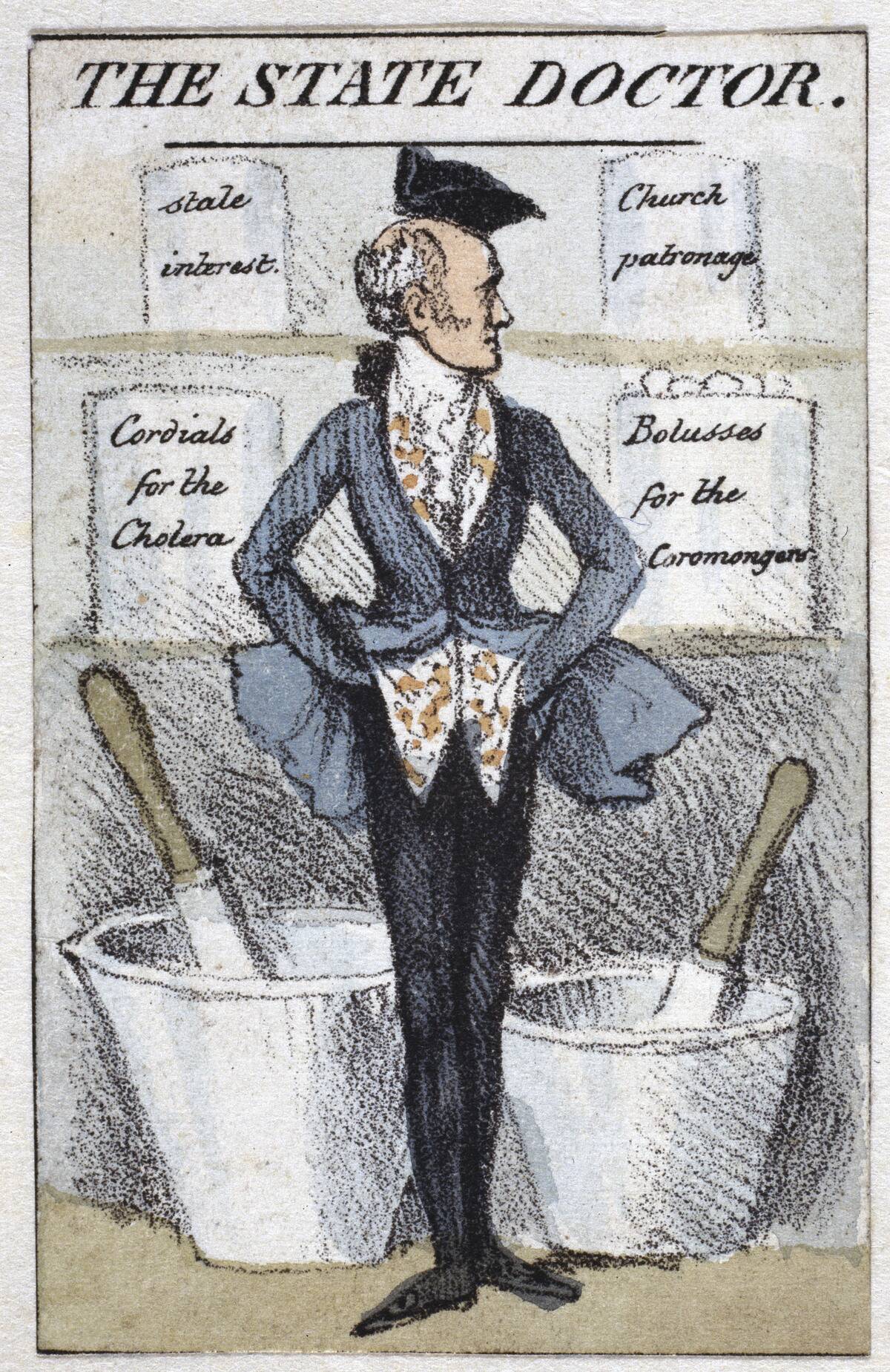
Dr. John Snow is often hailed as the father of modern epidemiology. His work during the 1854 cholera outbreak in London revolutionized public health. By mapping the cases, Snow identified a contaminated water pump as the outbreak’s source, challenging prevailing theories about disease spread.
His innovative approach to data analysis and public health intervention laid the groundwork for future advancements in medical science and urban sanitation.
Advocating for Universal Education: Horace Mann
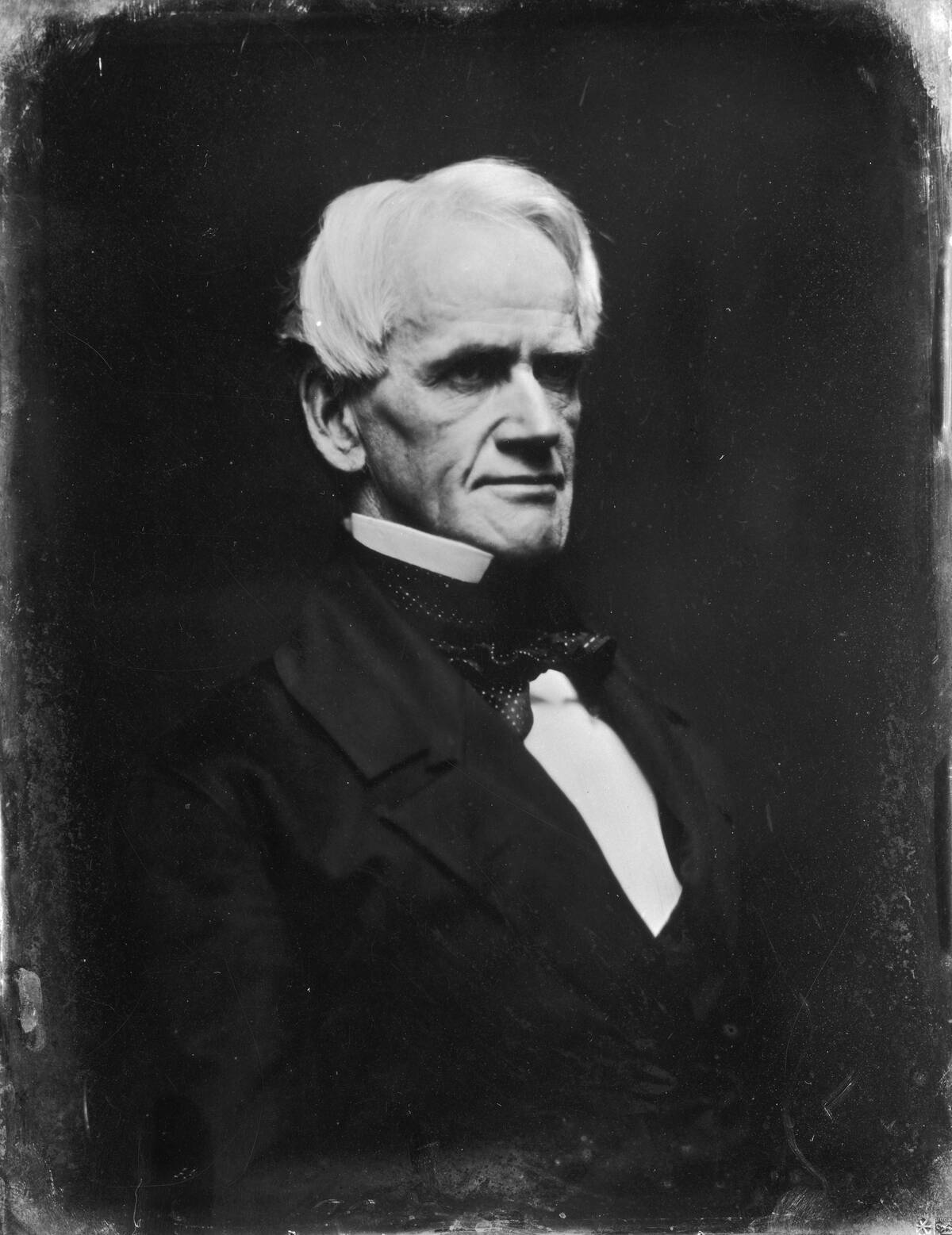
Horace Mann, often referred to as the “Father of the Common School Movement,” was a champion of public education. In the 19th century, he advocated for universal, non-sectarian education and believed that schooling was essential for a democratic society.
Mann’s efforts helped establish the foundation for the modern public school system in the United States, emphasizing the importance of education for all children regardless of their background.
The Proponent of Animal Rights: Henry Bergh
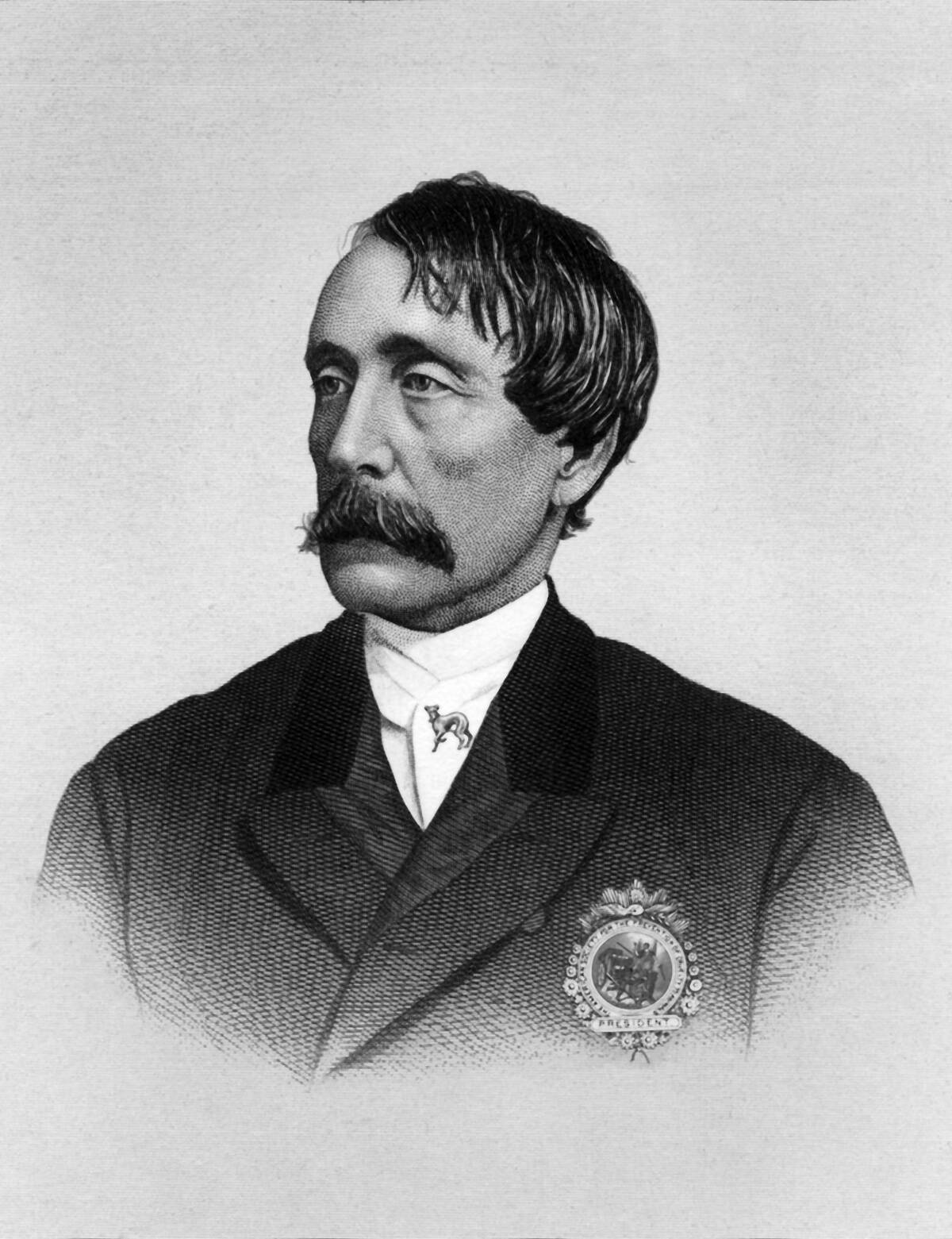
Henry Bergh was a pioneering advocate for animal rights in the 19th century. He founded the American Society for the Prevention of Cruelty to Animals (ASPCA) in 1866, the first organization of its kind in North America.
Bergh’s work led to the first anti-cruelty laws in the United States, significantly improving the treatment of animals. His compassionate vision set a precedent for future animal welfare movements, emphasizing the moral obligation to protect all living creatures.
Pioneering Feminist Economics: Charlotte Perkins Gilman
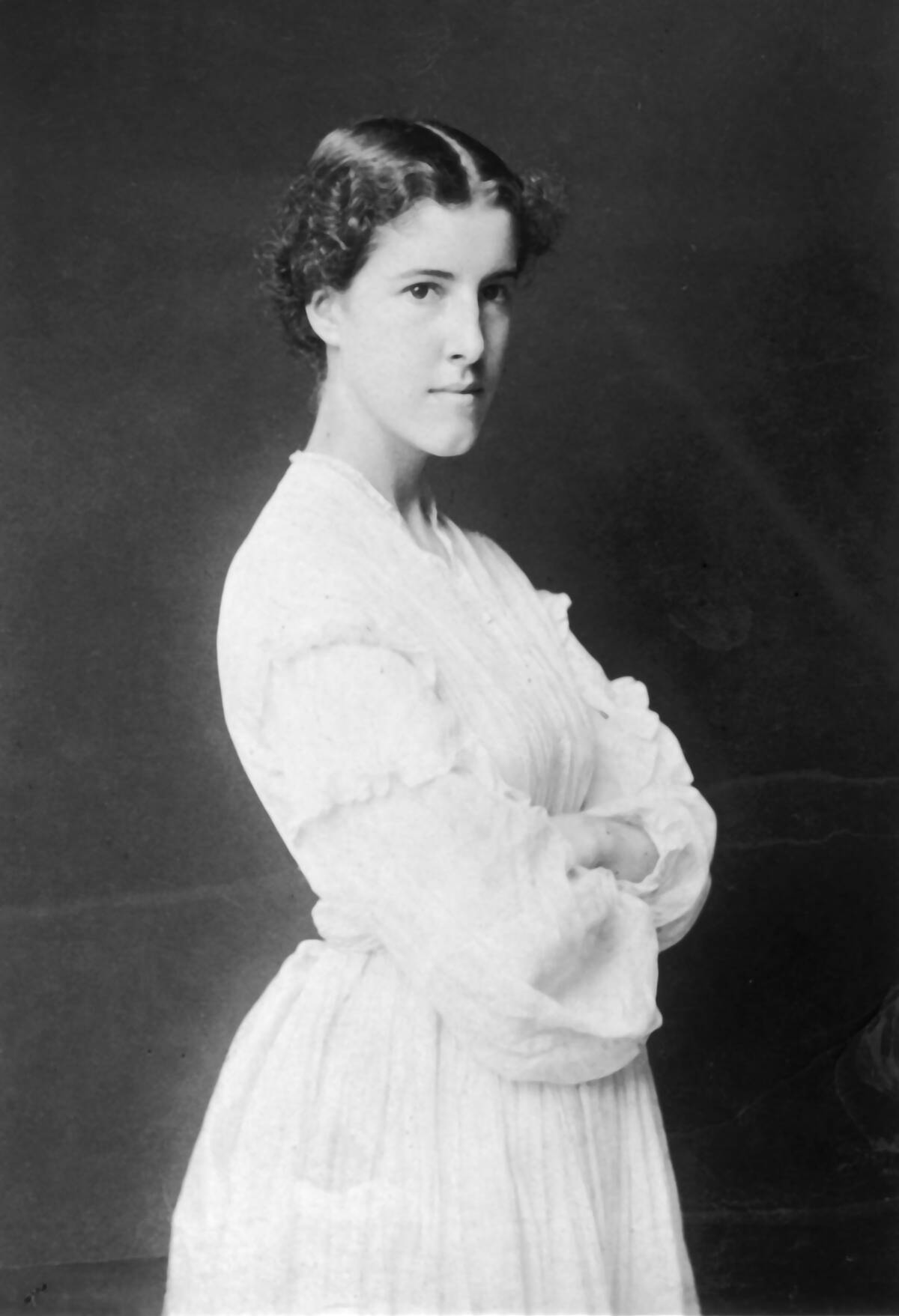
Charlotte Perkins Gilman was not only a prominent feminist but also a groundbreaking economist. Her work challenged traditional economic theories by highlighting the importance of women’s labor, both in the home and workforce.
In her book Women and Economics, she argued for economic independence and the socialization of domestic tasks. Gilman’s ideas were revolutionary and continue to inspire discussions on gender equality and economic theory today.
The Visionary of Nonviolent Resistance: Abdul Ghaffar Khan
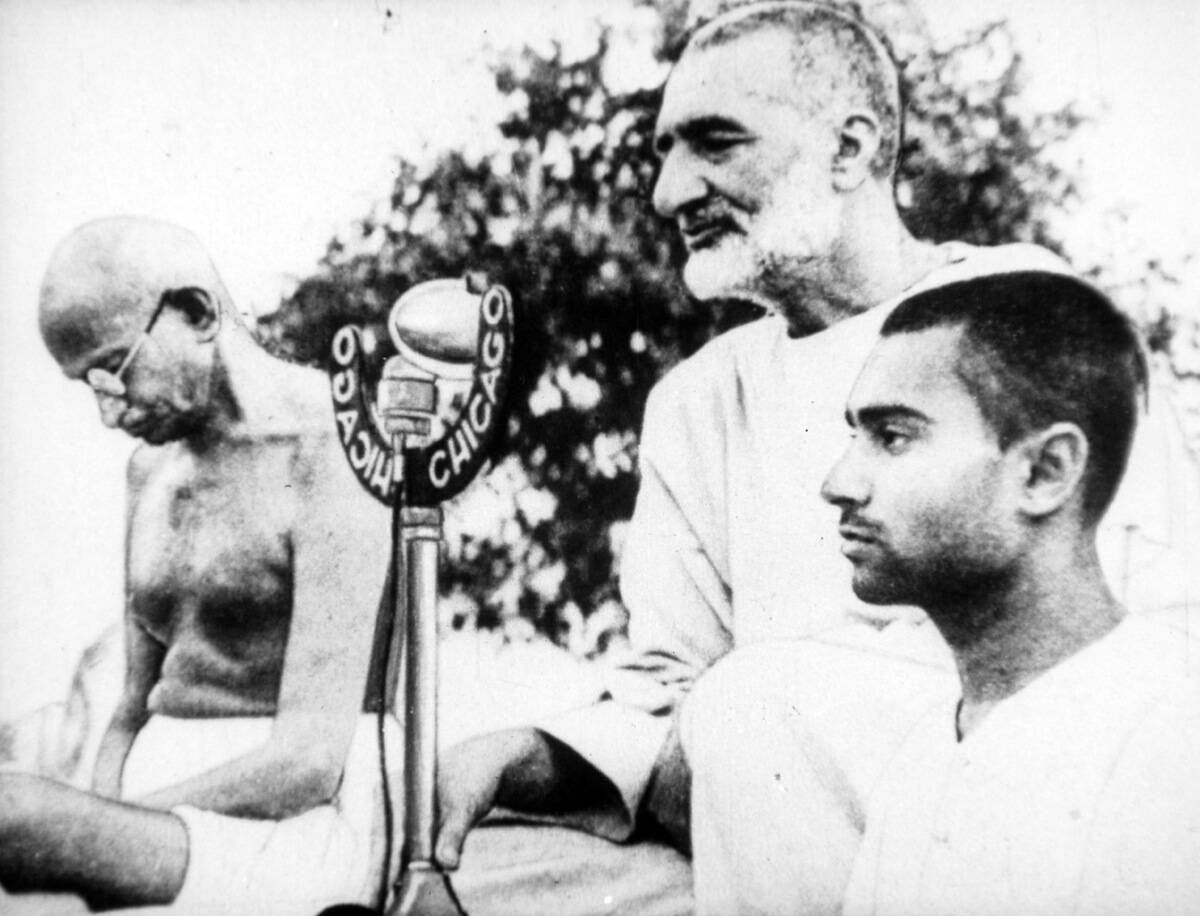
Abdul Ghaffar Khan, known as the “Frontier Gandhi,” was a champion of nonviolent resistance in India. A close ally of Mahatma Gandhi, Khan founded the Khudai Khidmatgar movement, advocating for peace and social reform among the Pashtun people.
His commitment to nonviolence was unwavering, even in the face of British colonial oppression. Khan’s legacy is a testament to the power of peaceful protest and his influence extended beyond South Asia, inspiring global movements for justice.
Revolutionary Ideas in Mental Health: Dorothea Dix
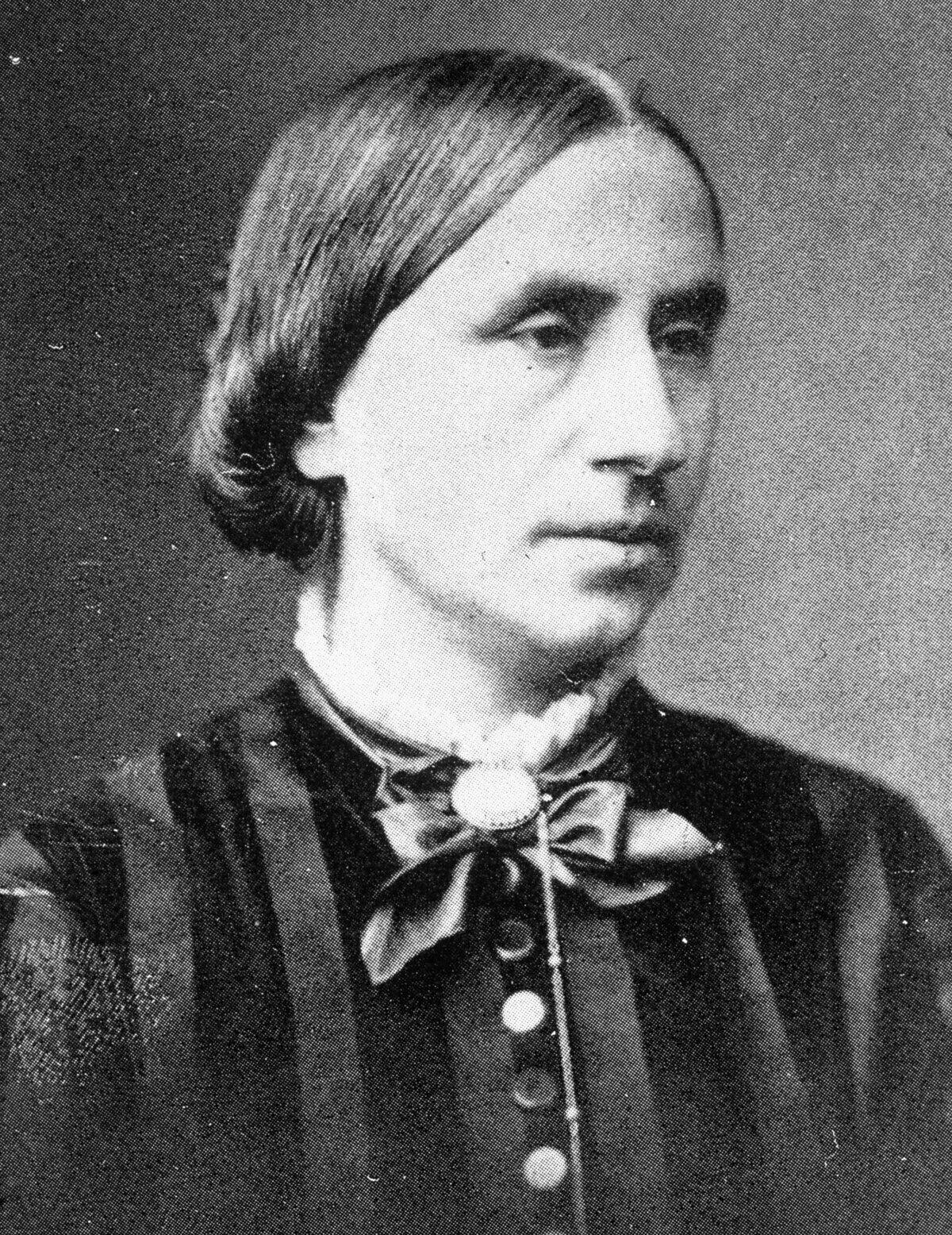
Dorothea Dix was a pioneering advocate for mental health reform in the 19th century. Appalled by the conditions in which the mentally ill were kept, Dix dedicated her life to improving their treatment.
She traveled across the United States, documenting abuse and neglect, and lobbied for legislation to establish humane asylums. Her tireless efforts led to significant improvements in mental health care and laid the groundwork for future reforms.
The Advocate for Indigenous Sovereignty: Zitkala-Ša
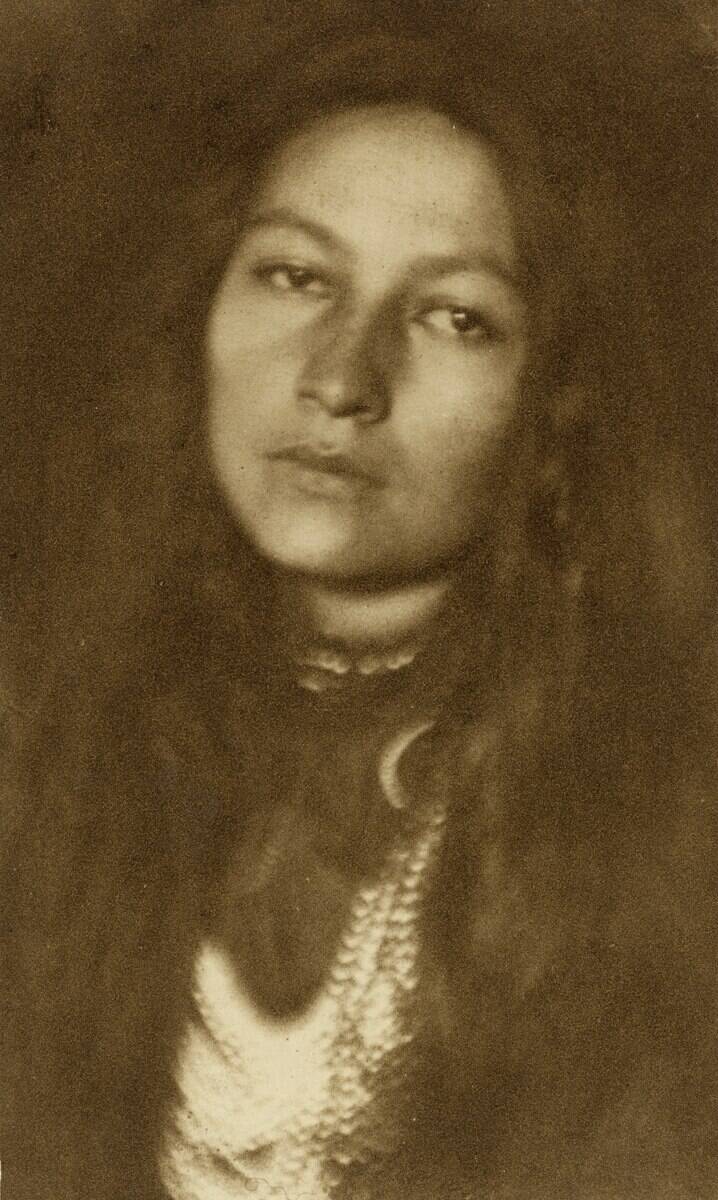
Zitkala-Ša, also known as Gertrude Simmons Bonnin, was a Native American writer and activist who fought for indigenous rights. Born into the Yankton Sioux tribe, she used her talents to preserve Native American culture and advocate for sovereignty.
Zitkala-Ša co-founded the National Council of American Indians in 1926, focusing on securing citizenship and civil rights for Native peoples. Her legacy continues to inspire indigenous activism and cultural preservation efforts today.
Pioneering Disability Rights Activism: Ed Roberts
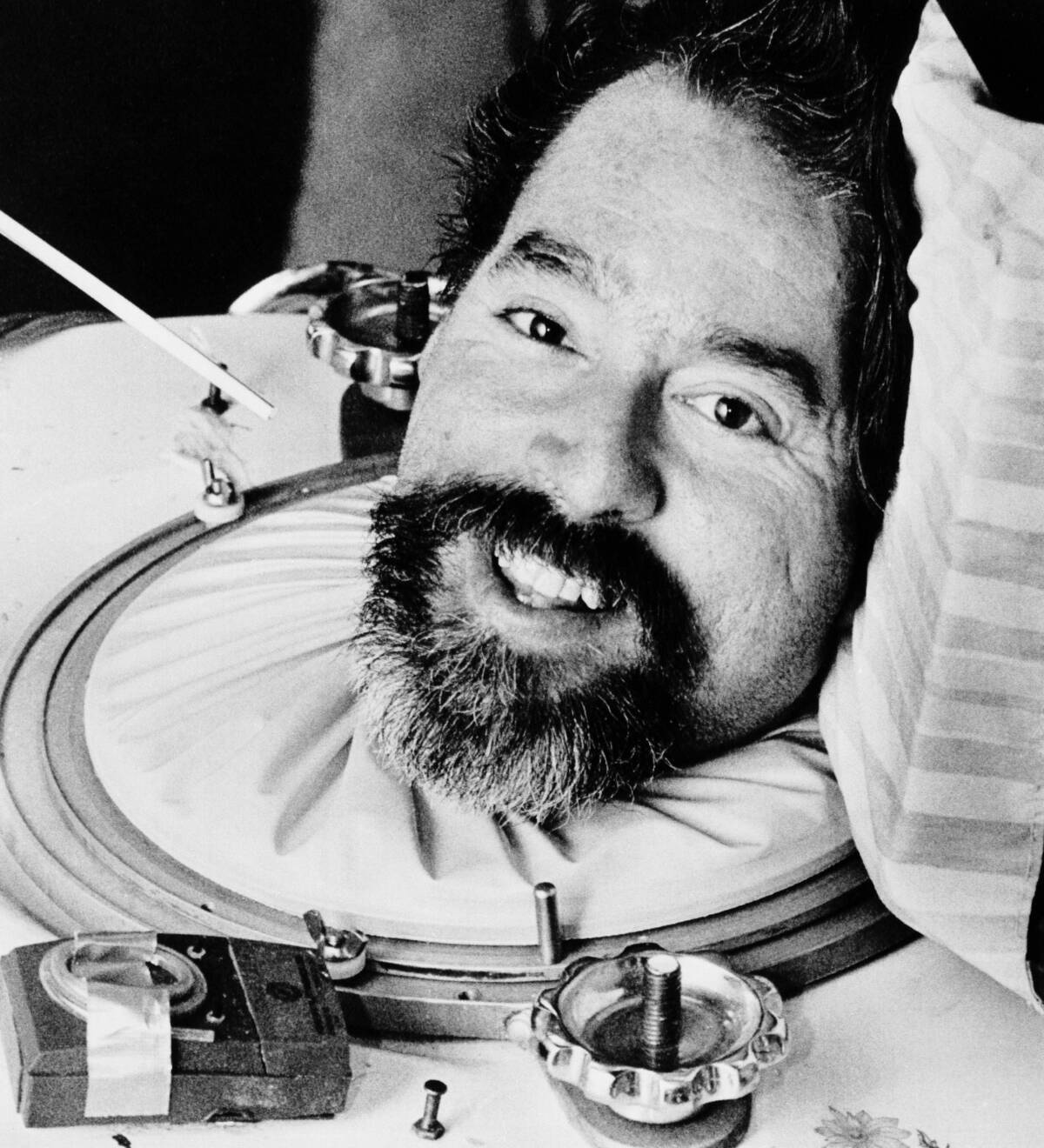
Ed Roberts is often regarded as the father of the disability rights movement. Paralyzed by polio at a young age, Roberts fought for accessibility and equal rights for people with disabilities.
He was instrumental in the founding of the Independent Living Movement, which emphasized self-determination and community-based living. His advocacy led to significant legislative changes, including the enactment of the Americans with Disabilities Act, transforming the lives of millions.
The Innovator of Urban Planning: Jane Jacobs
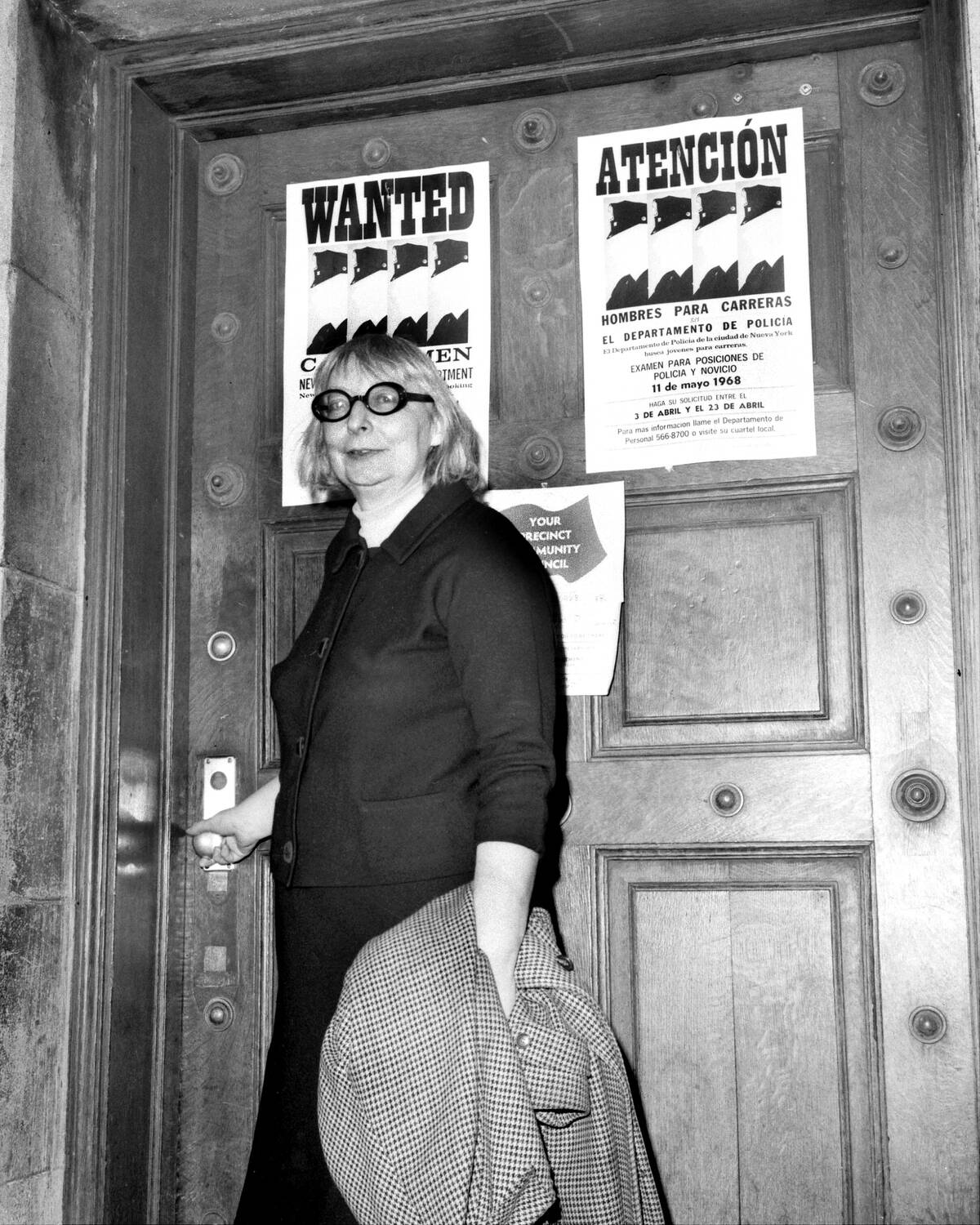
Jane Jacobs was a trailblazer in urban planning, challenging conventional wisdom with her insightful observations. Her seminal book, The Death and Life of Great American Cities, critiqued the urban renewal policies of the 1950s and ’60s.
Jacobs argued for the importance of vibrant, community-centered neighborhoods and championed mixed-use development. Her ideas revolutionized urban planning, emphasizing the human scale and the diverse needs of city dwellers.
Champion of Labor Rights: Frances Perkins
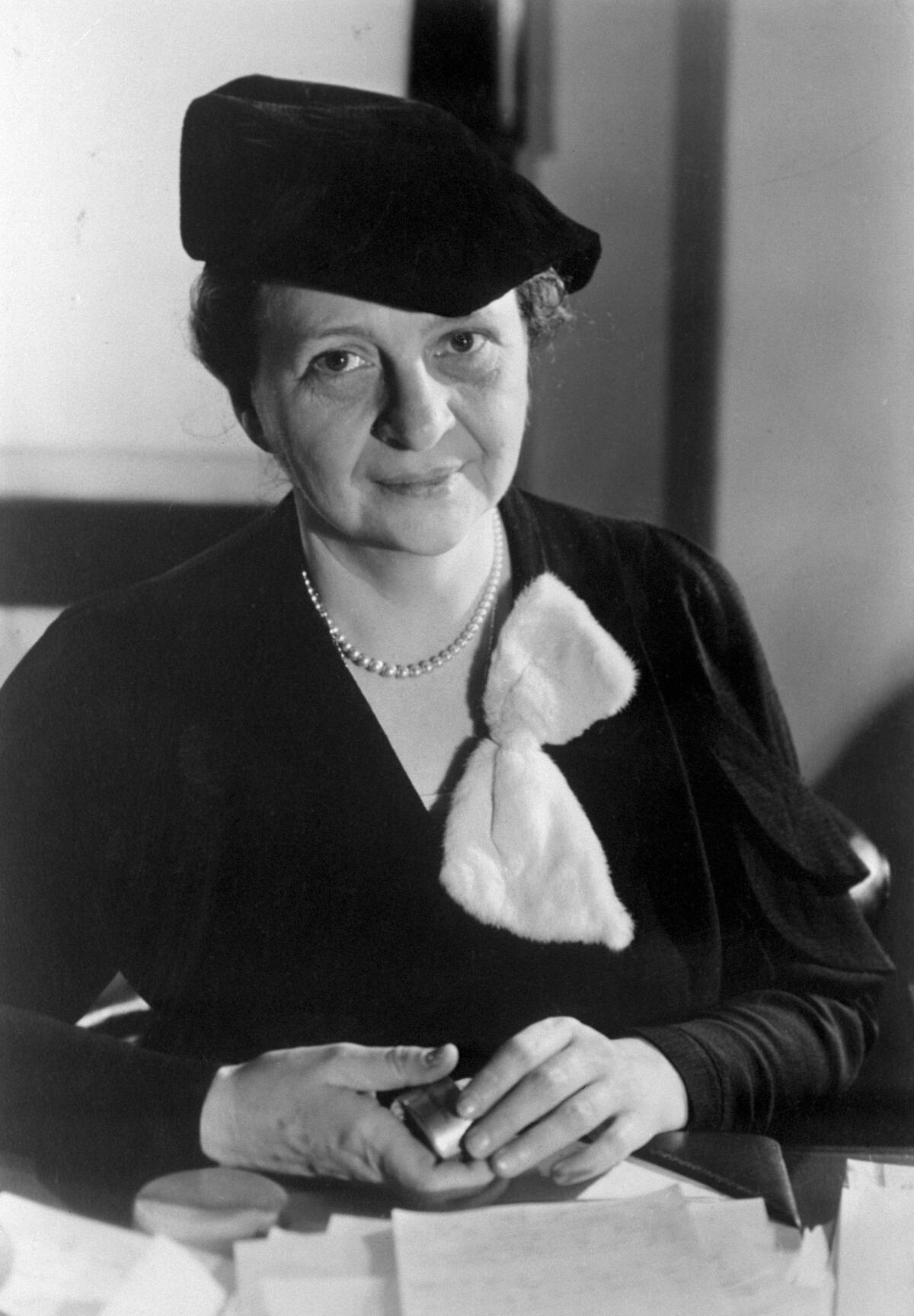
Frances Perkins was the first woman to serve in a U.S. Cabinet position, holding the role of Secretary of Labor under President Franklin D. Roosevelt.
A staunch advocate for workers’ rights, Perkins was instrumental in crafting key New Deal legislation, including the Social Security Act and Fair Labor Standards Act. Her efforts helped establish minimum wage, unemployment benefits, and improved working conditions, leaving a lasting impact on American labor policies.



